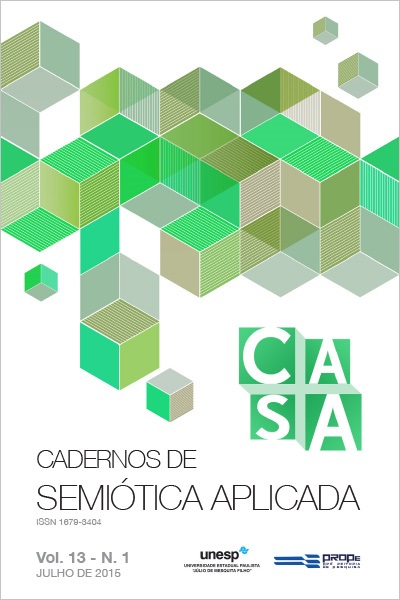THE DISCOURSE OF SOMEONE IN THE LITERARY TEXT
DOI:
https://doi.org/10.21709/casa.v13i1.7670Keywords:
Chronicle, Clear or Disguised Voice, Bakhtinian Discourse ApproachAbstract
Other people’s voices are part of our daily lives, in usual talks, in the media, and mainly in the literary discourse. Bearing this in mind and under the bakhtinian polyphonic perspective (1981, 1982) this paper aims at understanding in which ways someone else’s speech, either overt or covert, according to Authier-Revuz (1982, 1998), is present in literary works. We have chosen three articles published in a newspaper distributed in the state of Rio Grande do Sul and analyzed the linguistic and discursive strategies that overt or covert the interlocutor’s speech, producing meaning in the literary texts. We have tried to understand the uses of direct speech, indirect speech and free indirect speech, as well as other indices, relating them to the narrator’s voice, which sometimes gets close and sometimes leads away from the alien voice, depending on the meaning.Downloads
Published
26/08/2015
Issue
Section
Papers
License
The authors of the approved papers agree to grant non-exclusive publication rights to CASA. Thus, authors are free to make their texts available in other media, provided that they mention that the texts were first published in CASA: Cadernos de Semiótica Aplicada. Besides, they authorize the Journal to reproduce their submission in indexers, repositories, and such. Authors are not allowed to publish the translation of the published paper to another language without the written approval of the Executive Editors. The authors are totally responsible for the content of the published work.

